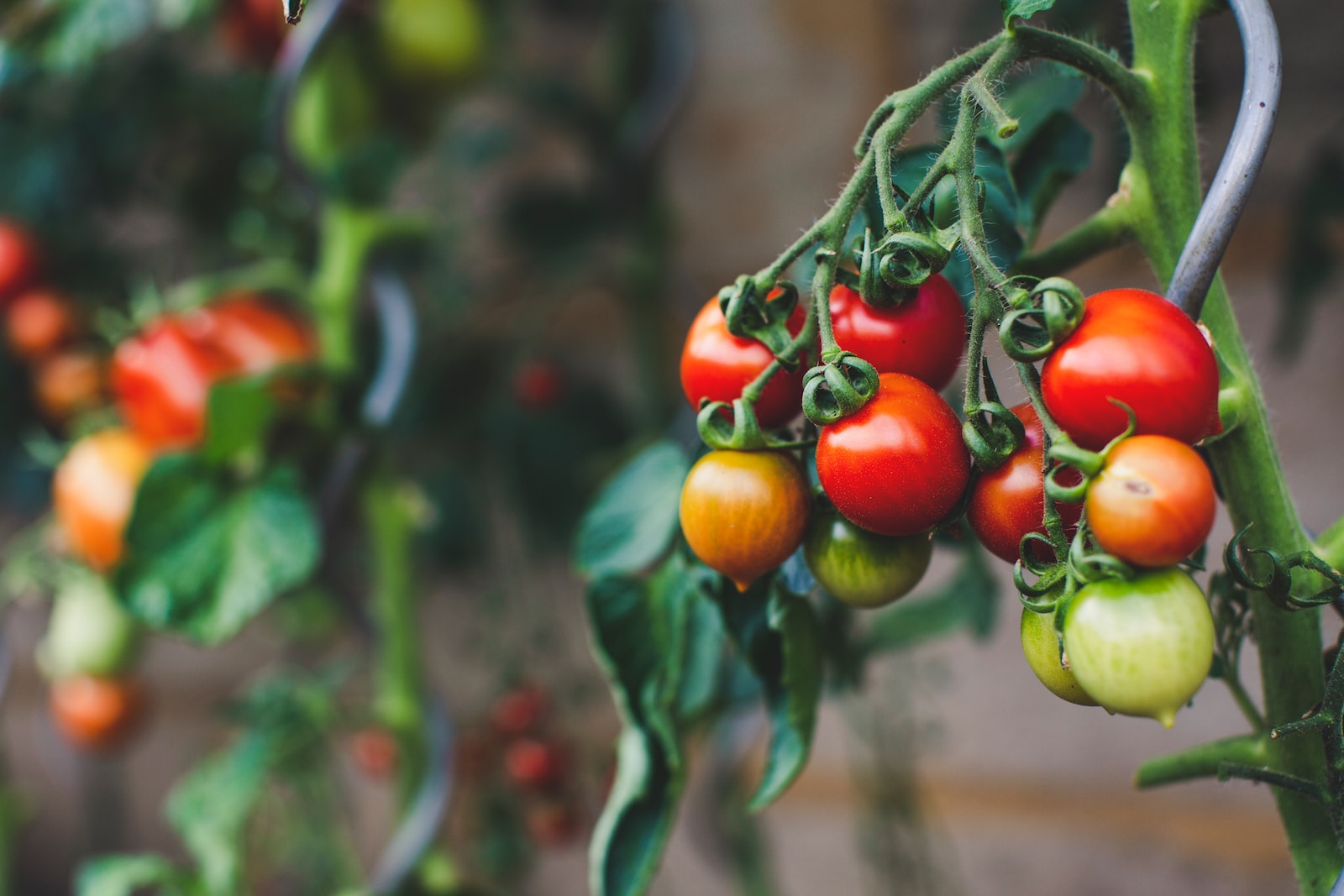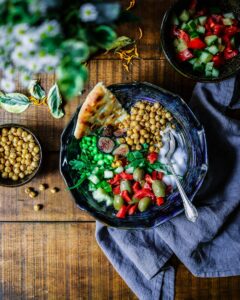There is no hyperbole or exaggeration in the headline. In a recent article published in Scientific American, it was claimed that veggies are harmful and are turning into sweet treats. The worst thing is not even that.
The headline for the article was the absurd “Broccoli Is Dying.” Corn is poisonous. Microbiomes are here to stay! A retired English teacher and a marine biologist co-wrote it. The article makes a series of ridiculous, unfounded claims, as implied by the headline.
Food is defined as “a substance that supplies nutrients and encourages growth,” but poison is defined as “a substance that promotes illness,” thus most of what is generated by industrial agriculture is, quite literally, not food but poison, as food writer Mark Bittman recently observed.
This is the first phrase. Indeed, that is how this rant really starts. Your entire diet is poison. How are we aware? because a campaigner for organic food who has the necessary scientific education or experience says so.
According to data spanning from 1940, “the content of every nutrient in practically every sort of food has decreased between 10 and 100%,” according to Eco Farming Daily.
Daily Eco Farming. Really? Let’s try a peer-reviewed journal instead, like the Journal of Food Composition and Analysis, which stated in a March 2017 paper that “changes in data sources, crop varieties, geographic origin, ripeness, sample size, sampling methods, laboratory analysis, and statistical treatment affect reported nutrient levels,” leading to the conclusion that “[c]omparisons of food composition data published decades apart are not reliable.”
The idea that the nutrients in food will become too “dilute” is dubious to begin with. But it’s also based on two flawed assumptions: (1) Nutrient-poor crops like rice are the main nutrient source for poor people; and (2) Diets won’t change over time. #1 is untrue because, while impoverished regions do rely heavily on food like rice for calories, they rely on other things, like fish, to satisfy other nutritional needs. #2 is untrue because diets do change over time, especially as a country becomes wealthier.





